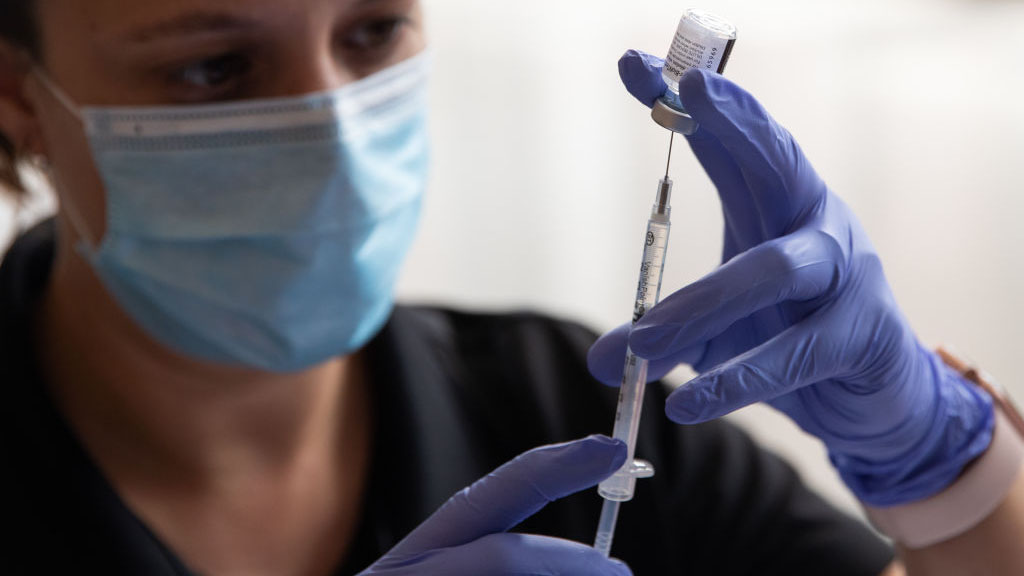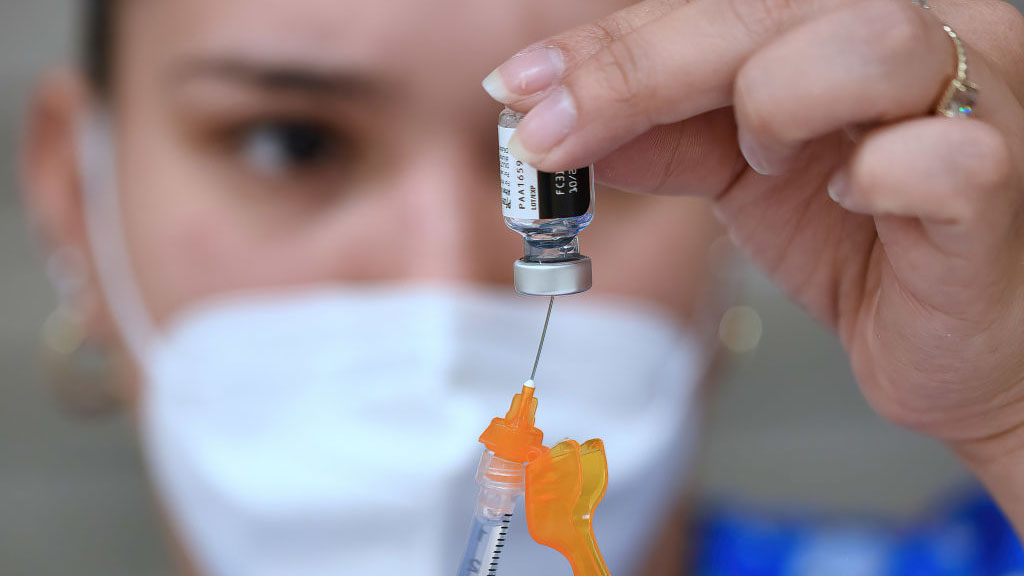As the delta variant continues to drive a spike in cases in Massachusetts and across the country and a new variant of interest is added to the mix, many are wondering what mutations are out there and if the vaccines protect against them.
The new mu variant has been labeled a "variant of interest," by the World Health Organization because it may be resistant to vaccines and other means of immunity. Meanwhile, the highly contagious delta variant continues to dominate cases in Massachusetts as reports of breakthrough infections continue to grow.
In a new weekly series, "COVID Q&A," NBC10 Boston asked three top Boston doctors on Tuesday what their biggest concerns are around these variants.
Here's what they had to say:
Get Boston local news, weather forecasts, lifestyle and entertainment stories to your inbox. Sign up for NBC Boston’s newsletters.
What is your biggest concern around the variants?
"My biggest concern remains getting the unvaccinated vaccinated," Dr. Shira Doron of Tufts Medical Center said. "We could be doing a lot better as a state, as a nation, as a world -- even in the face of this really highly transmissible variant -- if we could do better with our vaccination rates."
Despite the surge of different variants, faith among Boston-based doctors in the efficacy of COVID vaccines hasn't wavered.
"The biggest threat to people who are vaccinated is the continued spread of delta and other variants among the unvaccinated," said Dr. Daniel Kuritzkes, chief of Brigham and Women’s Hospital's infectious diseases division. "That's really where the reservoir of infection exists and that's where the spillover cases come from."
Why are we seeing more breakthrough cases?
Overall COVID case numbers have been on the rise in Massachusetts and nationwide as the highly infectious delta variant spreads, including among those who are fully vaccinated.
"It's to be expected that in a state where a majority of people are vaccinated that you will see, when there are cases, that there will be cases in the vaccinated population based over makeup a tiny fraction of the total vaccinated population, because the vast majority of people remain highly protected," Kuritzkes said.
"We really need to focus on dispelling the misinformation," Doron said. "We really need to get vaccines into the arms of people in other parts of the world that want to be vaccinated but haven't been able to do so. That's where the next variants will emerge."
How worried should we be about the mu variant?
Originating in northern South America, the new mu variant has now been detected in other countries as well, having been responsible for some clusters in England. There was even one case reported in the Boston area, Boston Medical Center's Dr. Davidson Hamer said.
"It doesn't seem to be picking up, I do know that," Hamer said. "There's evidence that it may be better at evading immune response and therefore vaccination or natural immunity, but it may not be as easily transmissible as delta and so delta may have an advantage there."
Delta remains the dominant strain in Massachusetts and across the county, with most recent data showing that it accounts for somewhere between 90 to 95% of cases, Kuritzkes said. But the Boston-based doctors agreed that experts need to continue to closely monitor the data to see if mu takes over.



